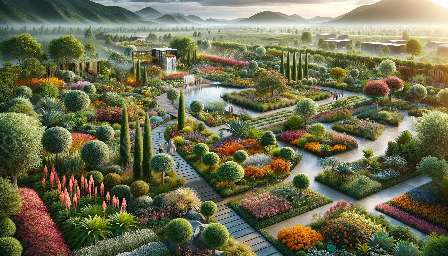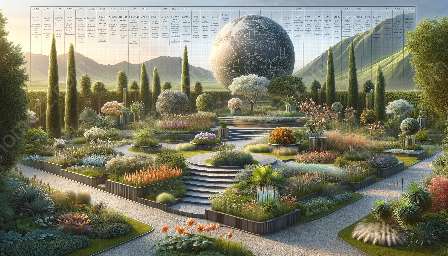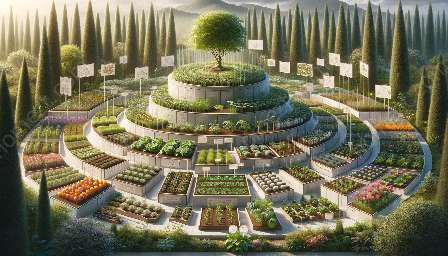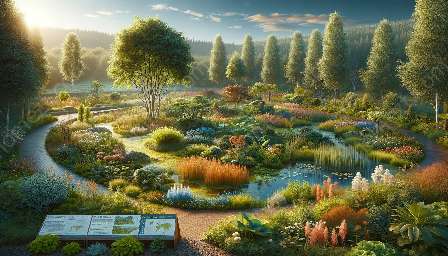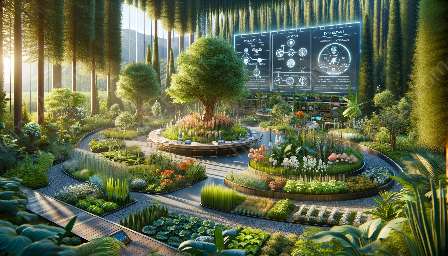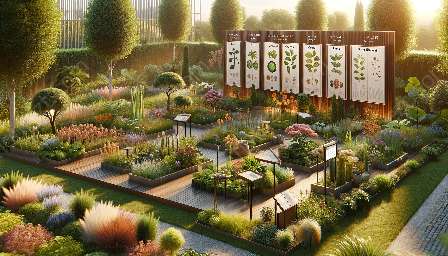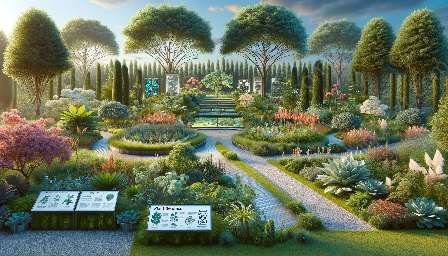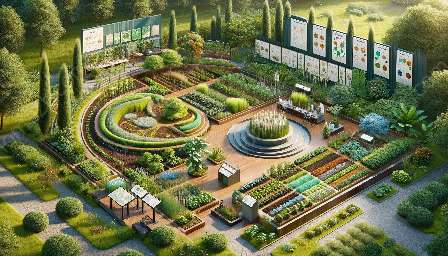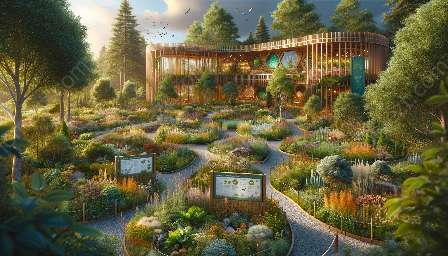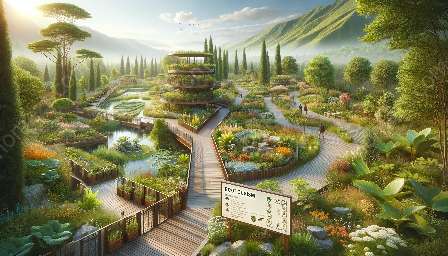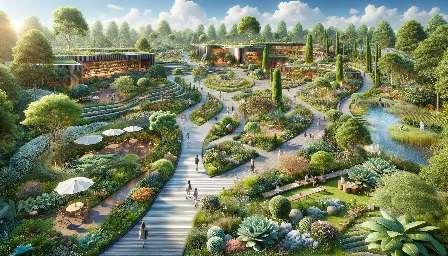Soil science is a multidisciplinary field that encompasses the study of soil as a natural resource, its composition, properties, and its roles in botanical gardens, gardening, and landscaping. Understanding soil science is crucial for maintaining healthy ecosystems, sustainable agriculture, and beautiful gardens.
The Significance of Soil Science in Botanical Gardens
In botanical gardens, soil science plays a crucial role in creating and maintaining diverse and thriving plant collections. Understanding the soil composition, nutrients, and pH levels is essential for providing the best growing conditions for a wide range of plant species. By studying soil science, botanical garden staff can make informed decisions on plant selection, soil management, and conservation efforts.
Soil Science and Gardening
Gardening and soil science go hand in hand. Whether you're a beginner or an experienced gardener, understanding the composition and characteristics of your soil is essential for successful plant growth. Soil science helps gardeners assess soil fertility, drainage, and structure, enabling them to make informed choices about plant selection and soil amendments. By applying principles of soil science, gardeners can create beautiful and flourishing gardens.
Soil Science and Landscaping
Landscaping projects benefit greatly from an understanding of soil science. Knowledge of soil composition and properties allows landscapers to choose appropriate plants, design efficient irrigation systems, and manage soil erosion effectively. By incorporating soil science principles into landscaping practices, professionals can create sustainable and visually appealing outdoor spaces.


